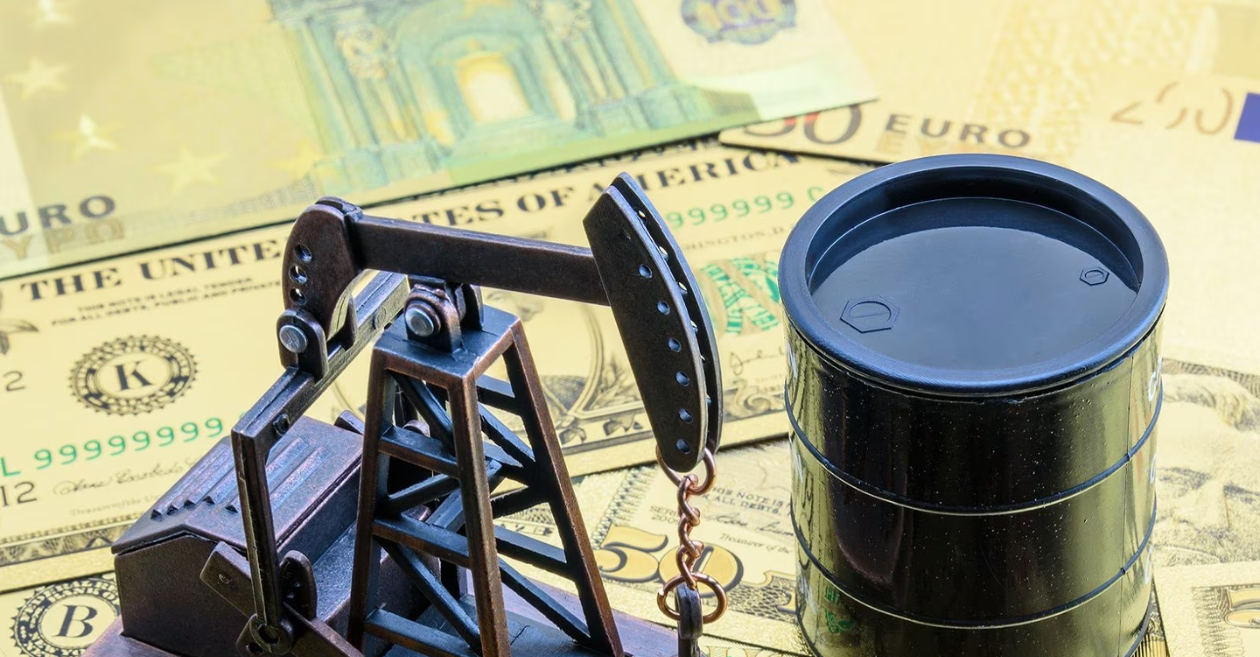


Ever wondered about the term "Windfall Tax" in finance? It's like a financial buzzword that catches attention. This blog is your guide to understanding it. We'll simplify the concept, making it easy for everyone to get. No need for a finance degree – just a curiosity to know why this term matters. Let's unravel the mystery of windfall tax together, breaking it down into simple, easy-to-understand pieces.
People Also Read: Who Is The Best Player In Inter Miami?
A windfall tax is like a special extra tax that the government puts on certain industries when they make unexpectedly huge profits. It happens when a business sees a sudden and unplanned boost in earnings. For example, during events like the Russia-Ukraine war, the oil and gas industries made a lot more money. To make things fair, the government added a windfall tax to their profits. This tax is not for things the companies did on purpose; it's just for the big, unexpected money they make from situations they didn't create.
A windfall tax is a special levy imposed by governments on unexpected, often substantial profits made by businesses or individuals. It's like a surprise bill for hitting the financial jackpot. But why would governments do this? Let's dive into the reasons behind this financial phenomenon.
Governments introduce windfall taxes for a simple reason – fairness. When certain industries or individuals experience an unforeseen surge in profits, it can lead to economic imbalances. The windfall tax steps in to ensure that everyone contributes their fair share, preventing a select few from reaping excessive benefits while others struggle.
Imagine you run a company, and out of the blue, your profits soar due to unexpected demand or a market value spike. Now, the government notices this unexpected gain and decides to levy a windfall tax on those extra profits. This tax is like a percentage of the surprise windfall, connecting the dots between the extraordinary gain and the tax you owe. It's a way for the government to share in the unexpected success of your business during unforeseen circumstances.
Windfall taxes are often directed at specific industries that experience sudden and excessive profits. This can include sectors like oil and gas, where global events can dramatically impact prices, or tech industries during a period of unprecedented demand. It's a targeted approach to ensure that those benefiting the most from unexpected windfalls contribute more to the public coffers.
As with any tax, windfall taxes have their supporters and critics. On the positive side, they can help address income inequality and fund public services. However, opponents argue that such taxes may discourage investment and innovation, as businesses may fear punitive measures for their success. It's a delicate balancing act for governments to strike a fair and effective policy.
| Profit Before Windfall | Windfall Gain | Windfall Tax Rate | Windfall Tax |
| $50 million | $30 million | 20% | $6 million |
In the world of finance, the windfall tax may seem like a complex puzzle. However, breaking it down into its fundamental components reveals a mechanism designed to promote economic fairness. Governments use it as a tool to ensure that windfall gains are shared equitably among all members of society. So, the next time you hear about a company facing a windfall tax, you'll have the insights to understand what's really going on behind the scenes.
A windfall tax is a special levy imposed by governments on unexpected, substantial profits made by businesses or individuals.
Windfall taxes are introduced to maintain economic fairness by ensuring that unexpected and excessive profits contribute equitably to public funds.
The tax is typically calculated as a percentage of the unexpected windfall, directly linking the extraordinary gain to the tax liability.
Windfall taxes are frequently directed at industries that experience sudden and excessive profits, such as oil and gas or tech sectors during periods of unprecedented demand.
A windfall tax table, like the one provided, simplifies the understanding of how the tax is calculated by breaking down the numbers, making it accessible for a wider audience.

In politics, some names shine bright

In the big picture of American leader

LaToya Cantrell shines brightly in th

Ever heard of Dexter King and wondere

In the complex world of Israeli polit

In the wide world of legal experts, t
Trash to treasure: How Google thinks
Spring Fashion Show at the University
Matter of Impact: April updates from
Android Enterprise security delivers
We are not gonna make spamming
Copyright By@TheWebTrends - 2023
BACK TO TOP